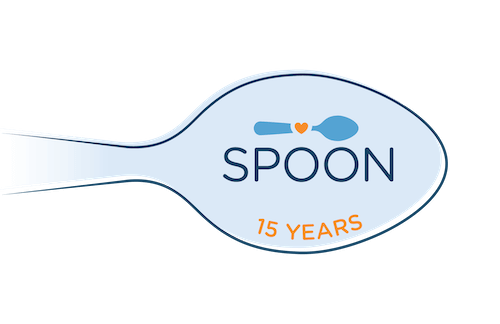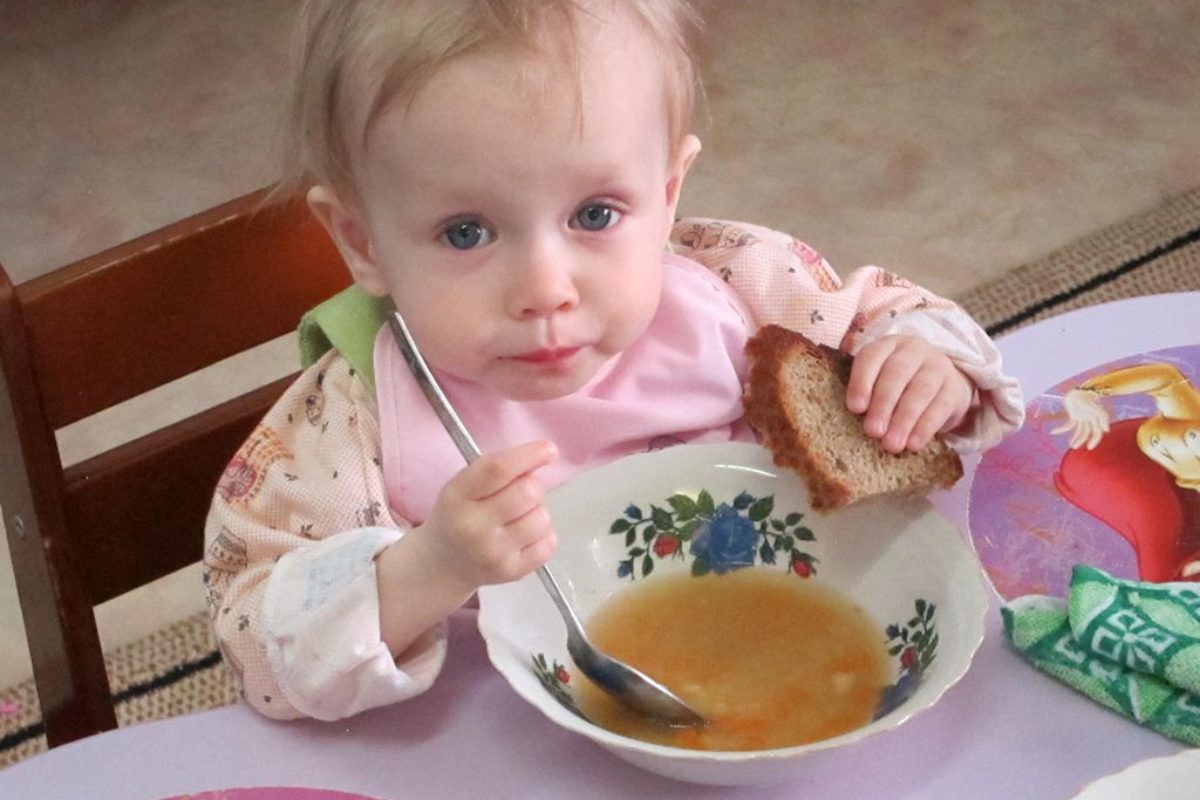COVID-19 threatens the health and safety of children around the world. In addition to the immediate threat of infection, COVID-19 is placing more children at risk of malnutrition by increasing food insecurity and limiting access to health and nutrition services. Protecting nutrition bolsters children’s immunity and supports their future health and development. The nutrition sector is now stepping up to advocate for nutrition as a central part of the response to COVID-19, but only a truly equitable response will protect the children who need it most.
Without swift and comprehensive intervention, existing malnutrition will contribute to higher rates of COVID-19, and the pandemic will dramatically increase child malnutrition. As COVID-19 strikes, a quarter of all children suffer from stunting, and malnutrition is linked to approximately 45% of all child deaths globally. Children who are malnourished are up to nine times more susceptible to infectious diseases. The current pandemic stands to put even more children at risk of malnutrition. The World Food Program predicts that the economic impact of COVID-19 will double the number of people facing severe food shortages by the end of 2020. Sickness, lockdowns, and loss of income are making it harder for families to access food, even when it is available in their communities.
Increasingly, governments and global health leaders are recognizing the role of nutrition in a comprehensive response to COVID-19. The 2020 World Health Assembly COVID-19 resolution recognizes the importance of protecting nutrition during the pandemic. Global leaders, advocates, and media are calling for nutrition support for people impacted by lockdowns and loss of income. However, existing inequities threaten to leave millions of children without the nutrition support they need.
SPOON addresses the high rates of malnutrition for especially vulnerable children: those with disabilities and those without family care. These groups of children have even higher rates of malnutrition than their peers. Children with disabilities are around three times more likely to be malnourished, and SPOON has found rates of malnutrition up to 90% for children in residential care facilities. WHO estimates there are 93 million children with disabilities, and the USG Children in Adversity strategy estimates that tens of millions of children live without family care. For these children, malnutrition is usually driven by a lack of accessible nutrition support and health services. As children who are not only excluded from their communities, but who also have unique feeding and nutrition needs, they are too often left out of services that reach other children.
As the nutrition sector responds to COVID-19, simply scaling up business as usual could make these inequities even worse. An inclusive response will give millions of children access to critical services and a chance to withstand the effects of the pandemic, putting them on a road to meeting their full potential. As an organization that has made it our mission to meet the nutrition needs of children without family care and children with disabilities, SPOON recommends the following critical steps to developing equitable nutrition programs.
Expand access to existing nutrition services
Many of the nutritional issues facing vulnerable children have existing solutions that are simply not reaching them. Existing nutrition projects and services may be inaccessible due to stigma, physical barriers, or the fact that services are not prepared to meet these children’s unique needs. For example, community-based nutrition programs routinely direct outreach efforts entirely to parents, and therefore fail to reach children without family care. In many communities, parents of children with disabilities report significant challenges accessing services where public transportation systems, and clinics themselves, are not accessible to children with disabilities. Including vulnerable children in nutrition programs must involve dedicated outreach, training for providers, and inclusive monitoring and accountability structures.
Increase availability of appropriate services
Even when vulnerable children are able to access nutrition services, the support offered is not always appropriate for their needs. For example, around 80% of children with disabilities have feeding difficulties, such as trouble chewing or swallowing. Straightforward techniques, like feeding children upright and providing appropriate food textures, can help children eat safely and get the nutrition they need. However, feeding techniques for children with disabilities are typically not covered in nutrition programs or training, leaving these children at high risk for stunting and wasting.
Generate and use data
Significant gaps exist in research and data on nutrition for children with disabilities and those without family care. Many population-level surveys do not collect information about disabilities in children, and children without family care are often excluded altogether. Limited data and information make it difficult for decision makers to target resources where they are needed. Through our mobile app, Count Me In, SPOON is finding that malnutrition is typically higher than national averages for children without family care, especially for those with disabilities. We need the larger nutrition sector to join us in filling this data gap.
As nutrition takes its place in the global response to COVID-19, highly vulnerable children must come first. Overlooking their needs will contribute to the spread of the pandemic, deepen existing inequities, and leave millions of children without the nutrition they need to grow and thrive. It has been five years since the world embraced the call to ‘leave no one behind’ in the Sustainable Development Goals, and we’re still off track to make those goals a reality for the children most frequently left behind. As we plan a comprehensive nutrition response to the COVID-19 pandemic, we must intentionally include the most vulnerable, and provide all children with the basics they need to stay healthy and meet their full potential.
Written by Mishelle Rudzinski, Executive Director, and Carolyn Moore, Policy and Advocacy Advisor for SPOON, a global nonprofit that empowers caregivers to nourish vulnerable children.


